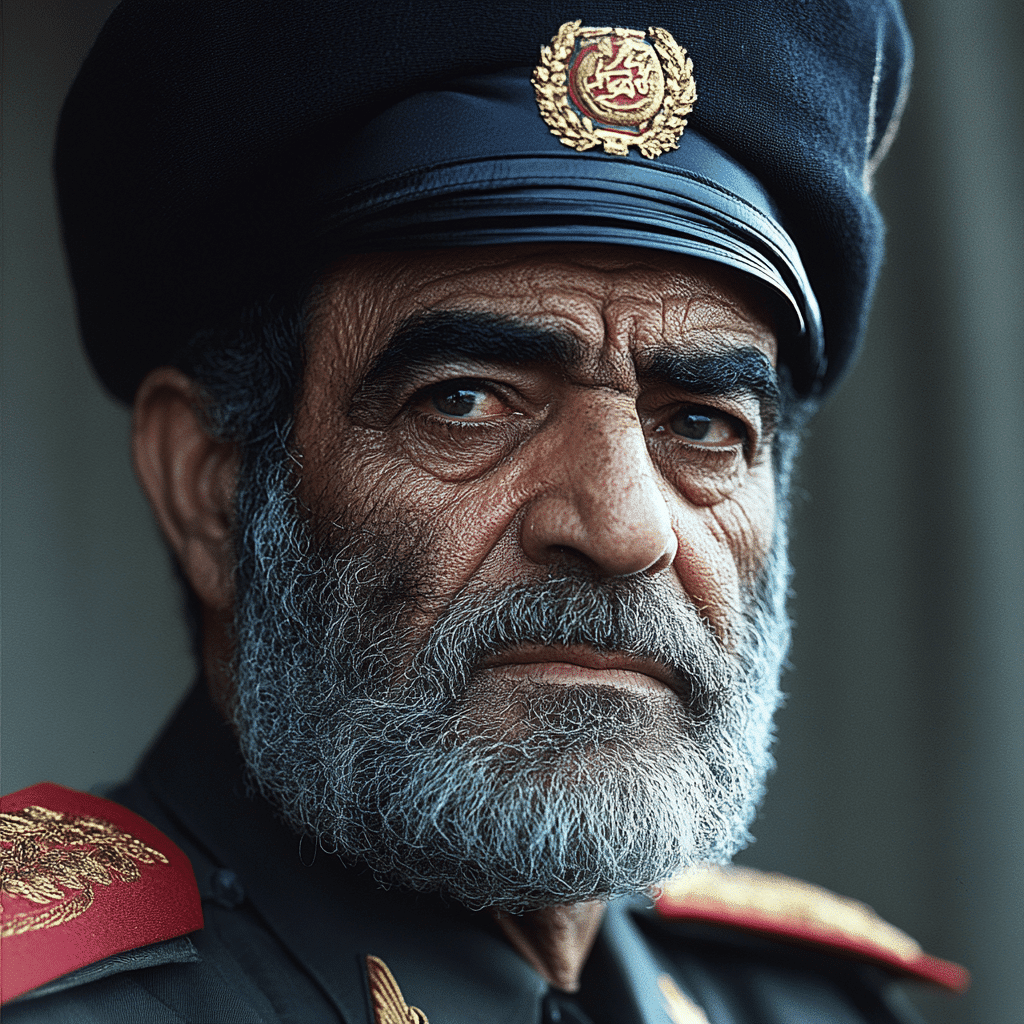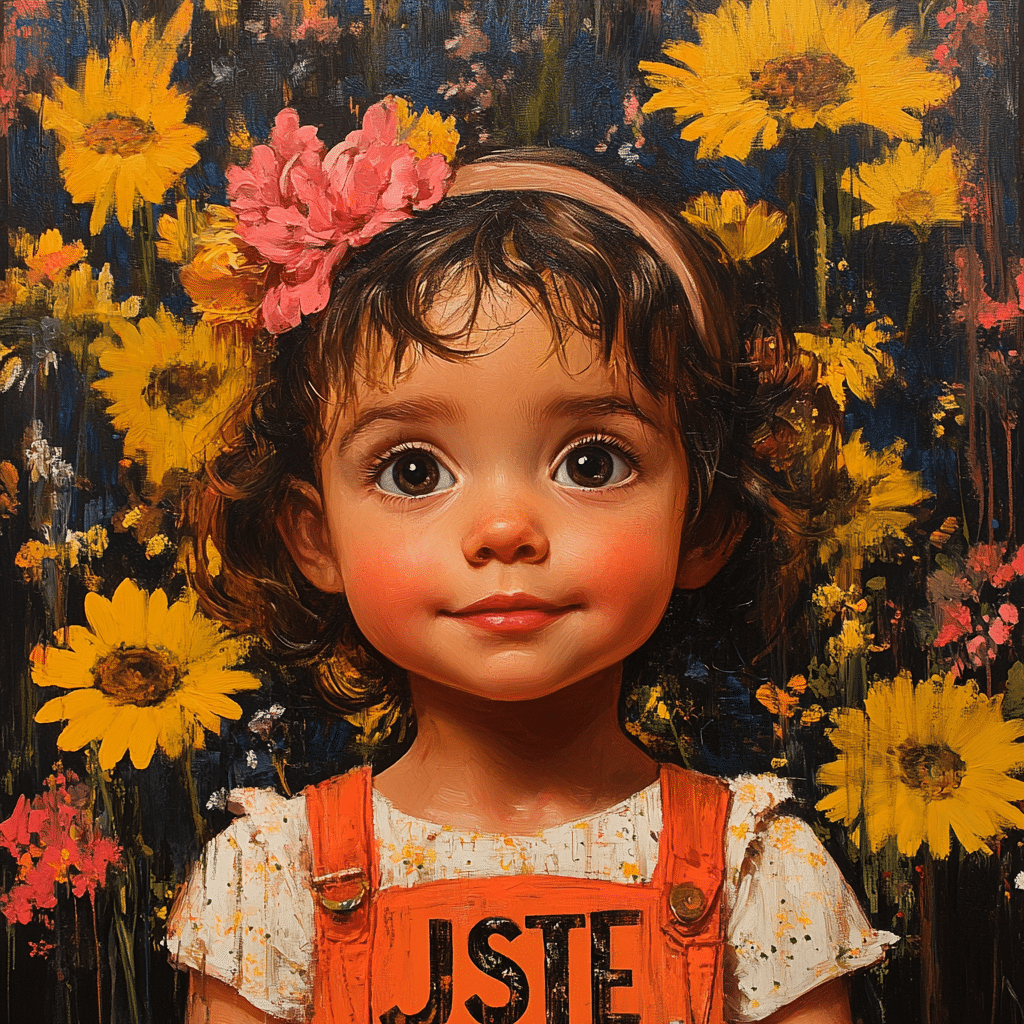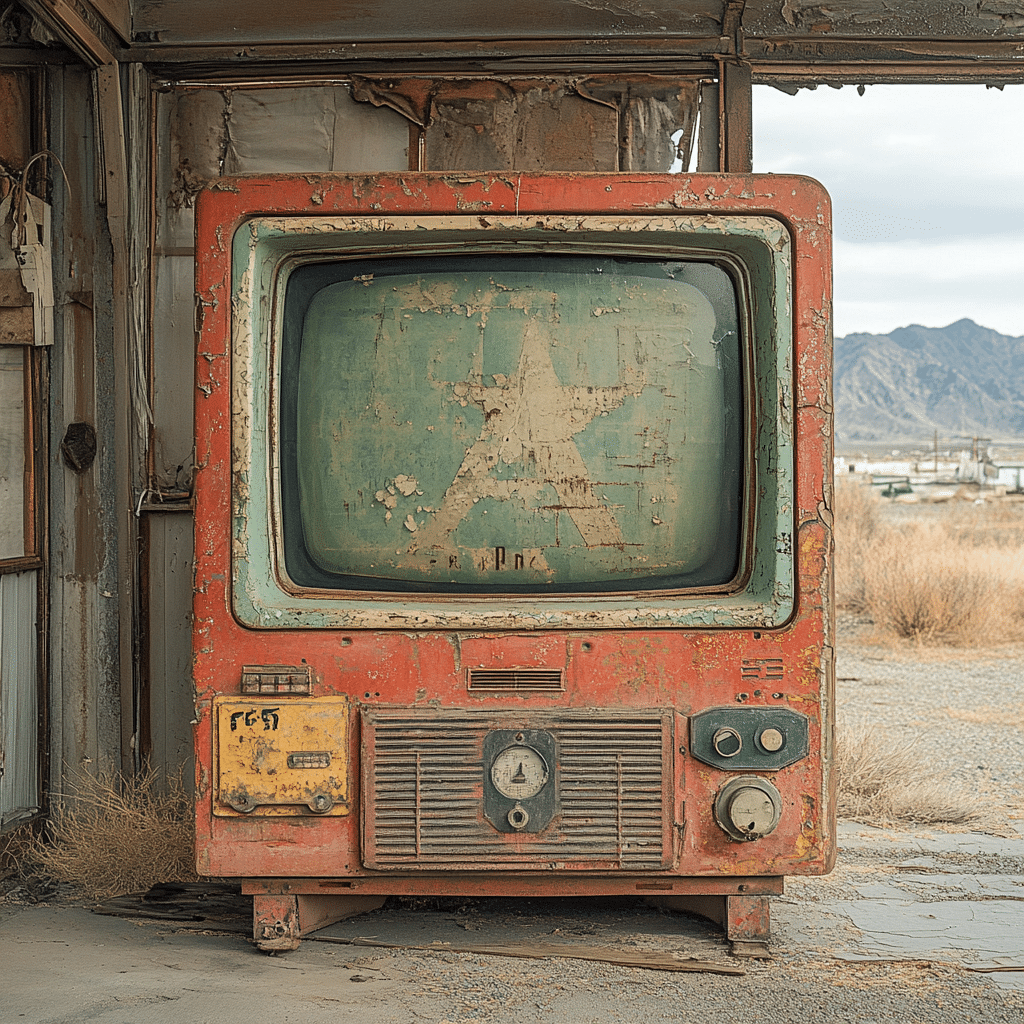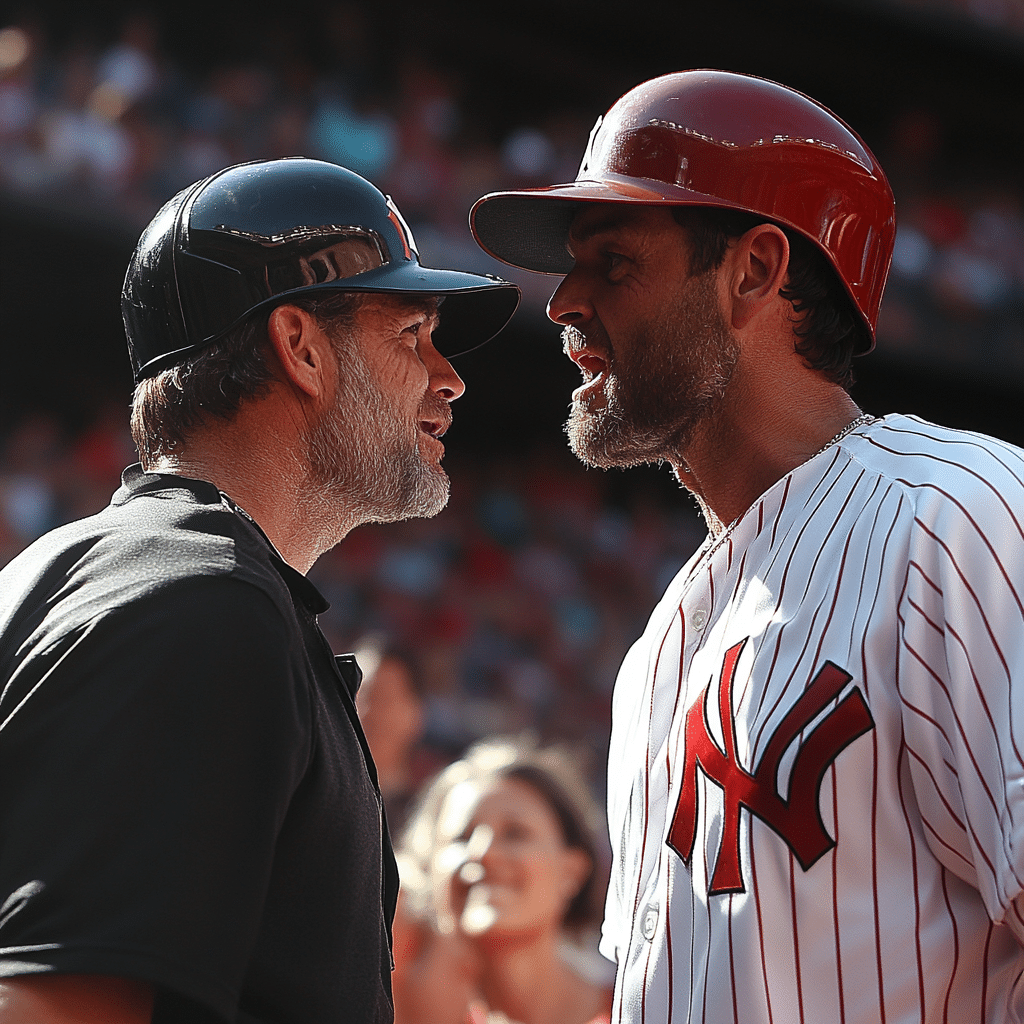In 2024, the cultural landscape continues to reflect the evolution of internet humor, and let’s face it, memes reign supreme! The world is buzzing with quick quips and cheeky visuals that challenge our perceptions of historical events and figures. Among these digital oddities, the Saddam Hussein meme stands out as a particularly captivating spectacle. This meme serves not only as a source of entertainment but also as a poignant commentary on political leadership and global discourse. So, grab your popcorn as we dive headfirst into the significance of this meme, its spray paint origins, and its cheeky interactions with other titans of meme culture like Taylor Swift and Mia Khalifa.
The Impact of the Saddam Hussein Meme on Global Culture
The Saddam Hussein meme embodies the spirit of rebellion against the norm. In a political climate that often feels as surreal as a Tim Burton film, humor provides a bridge across skeptical ideologies. By crafting visuals that blend deep historical context with pure absurdity, these memes invite audiences worldwide to reconsider the mundane and the monstrous. As our fingers dance across the keyboard, the world becomes a stage where political scandals get the satirical treatment they deserve.
With the rise of platforms like TikTok, memes have morphed from simple jokes to mechanisms of cultural critique. They venture beyond creating laughs; here, the Saddam Hussein meme ignites conversations around war, governance, and the commentary we wield through humor. It juxtaposes serious narratives with memes that not only entertain but educate. Just as Mia Khalifa’s memes stir controversy in popular culture, these Saddam Hussein memes ignite discussions about infamy and the odd pop culture parallels we draw.
Ultimately, these memes shape our understanding of authority figures. Instead of viewing them as distant power holders, we begin to recognize the absurdities of their actions and the sometimes laughable reality of their supremacy. The meme illustrates how ridicule can be a form of empowerment.

7 Noteworthy Saddam Hussein Memes That Reflect Political Humor
One striking example of the Saddam Hussein meme is the “Hitler of Iraq” format. This meme plays with dramatic visuals of Hussein, often paired with mocking captions that draw absurd connections to other notorious dictators. In doing so, it artfully spins the narrative into absurdity. Some view this critique as a rallying point against tyranny, while others, however, see it as a step too far. Who knew memes had such a vast array of emotional responses, much like the wrinkles on an old leather jacket?
You can’t talk about Saddam without mentioning his iconic mustache! Memes of his shadowy upper lip have become legends in their own right. Often paired with references to villainous characters in pop culture, the absurdity shines bright. Imagine a mash-up featuring his mustache in a “Game of Thrones” scene or a James Bond flick. These juxtapositions take aim at the upset seriousness of political narratives, inviting viewers to chuckle at the ludicrousness of it all.
Now here’s where it gets interesting! The Saddam Hussein meme contrasts starkly with pop icons. Memes that compare Hussein’s infamous actions to Taylor Swift’s latest musical triumphs create a bizarre but fascinating conversation about fame and villainy. Picture that viral image of Hussein’s notorious speeches edited next to a snippet from Swift’s “You Belong with Me.” It raises questions about how we perceive celebrity vs. infamy, turning serious reflections into punchlines.
This format takes on a cheeky tone, presenting Hussein in almost humorous scenarios. Often paired with ridiculous text suggesting his antics were laughably mundane, these memes poke fun at moral relativism in politics. The internet is never shy about pointing fingers. By framing him as the “lesser evil,” viewers are nudged to assess our current-day leaders in a similar light. It’s like comparing boxers vs. briefs—at the end of the day, it’s all about preference, isn’t it?
Memes that reflect reactions to the Iraq War often place Hussein at the center of broader discussions. By blending images of protests and poignant moments from pop culture, these memes morph into cultural resistance that resonates internationally. They critique global frustrations over political decisions while bringing humor into serious narratives. All the while, they remind observers that laughter can indeed coexist with serious topics!
The intersection of contemporary figures like Mia Khalifa with historical personas adds an exciting layer to meme culture. Khalifa, often at the center of edgy humor, has been humorously linked to Hussein in various memes. Whether through exaggerated claims or absurd illustrations, the blending of these universes exemplifies society’s whimsical and multifaceted relationships with both legacy and modern fame.
The portrayal of Saddam as an internet punchline illustrates the rise of satire as a tool for commentary. Social media platforms invite users to turn sometimes daunting historical realities into accessible and digestible humor. This invites conversations that might otherwise feel heavy, transforming discussions on governance and war into light-hearted exchanges. Like navigating the chaos of a Mercedes truck on a stormy day, the jumble often disentangles into clarity.
The Evolution of Memes and Their Role in Political Discourse
The rise of meme culture has reshaped how we engage with political narratives and historical figures. The Saddam Hussein meme allows individuals to confront uncomfortable truths about leadership in an accessible and humorous manner. It becomes both entertainment and education, prompting critical thought about past and current political events. To simply exist in the era of memes is to live in a tapestry woven with humor and reflection.
As we analyze the evolution of memes, it’s evident that these digital creations offer something more than quick laughs. They serve as powerful tools for activism and social commentary, revealing how we interpret the narratives we’ve been taught. The dynamic nature of politics finds itself at the mercy of the meme culture, helping audiences unpack their relationships with leaders, historical or otherwise.
Each meme also fosters a sense of community. In sharing a Saddam Hussein meme, individuals align with others who appreciate this blend of comedy and critique. The collective experience becomes more significant than the meme itself—a reminder that in an interconnected world, laughter holds the power to bridge divides. So next time you scroll through your feed, remember: the absurdity of history, wrapped in the layers of a meme, often reveals more than meets the eye.
In this rapidly changing digital age, memes will undoubtedly continue to shape conversations while encouraging us to reconsider how we process the complexities of the human experience with a wink. The Saddam Hussein meme is just one facet of this endlessly rich dialogue, encouraging us to laugh, reflect, and sometimes even rally.
So, whether you’re lounging at Freshwater West beach, making gains on a Sole Treadmill, or just enjoying a lazy afternoon pondering the depths of the universe, remember that even the darkest histories can be spun into memes. For instance, from Gabrielle Carteris iconic roles to Mia Khalifa’s contemporary notoriety, it’s evident that humor has become a universal language, stitching together past and present. And hey, if you’re ever craving a rich narrative about weddings gone awry, consider a dive into the exploration of thought-provoking reads like Why Men love bitches. Meanwhile, if you’re keen to track the latest antics in the world, never shy from Zim Tracking!
It’s a wild world out there, and memes like the Saddam Hussein meme remind us to not take it all too seriously. Embrace the chaos, friends!

Saddam Hussein Meme That Captured Global Attention
The Rise of a Meme
The “Saddam Hussein meme” showcases how quickly humor can overshadow reality. Initially emerging during the height of Hussein’s reign, the meme provided a bizarre yet approachable avenue for discussing a notoriously complex figure. Surprisingly, memes have become a modern lens through which we examine historical narratives—not unlike how quirky facts about a Mercedes truck can provoke unexpected discussions, drawing parallels between unrelated subjects. The absurdity of humor often helps people process serious topics, making it easier to digest events that shaped global politics.
From Politics to Pop Culture
As memes began to proliferate online, certain images resonated with netizens, revealing a playful side to a dictator’s legacy. Hussein’s infamous capture sparked a slew of creative transformations, capturing the collective subconscious. For example, the debate over boxers vs briefs took a humorous turn when pop culture jumped at the chance to poke fun at serious figures. This catchy meme format made it easier for younger generations to engage with history, sparking interest where there once was none.
Memes in Everyday Conversation
Memes like the Saddam Hussein meme play a peculiar role in our daily conversations. They help bridge gaps in understanding, allowing people to connect over shared laughter—even about unsettling topics. Just like a day at Van Saun County Park offers families a place to unwind, the absurd humor these memes bring lightens the heaviness associated with political discourse. With its bizarre but catchy essence, the Saddam Hussein meme democratizes complex topics, making them accessible to everyone, no matter their background.
A Broader Reflections
In an age where every click matters, the quick-sharing nature of memes can’t be underestimated. They act as a modern form of commentary that resonates deeply—drawing parallels with the world around us. Interestingly, even in less serious contexts such as an Amundson funeral home, humor can often surface, reminding us that taking life too seriously might not be the answer. Overall, the impact of the Saddam Hussein meme underscores how humor can transform dialogue, distilling the weight of history into digestible narratives.




























